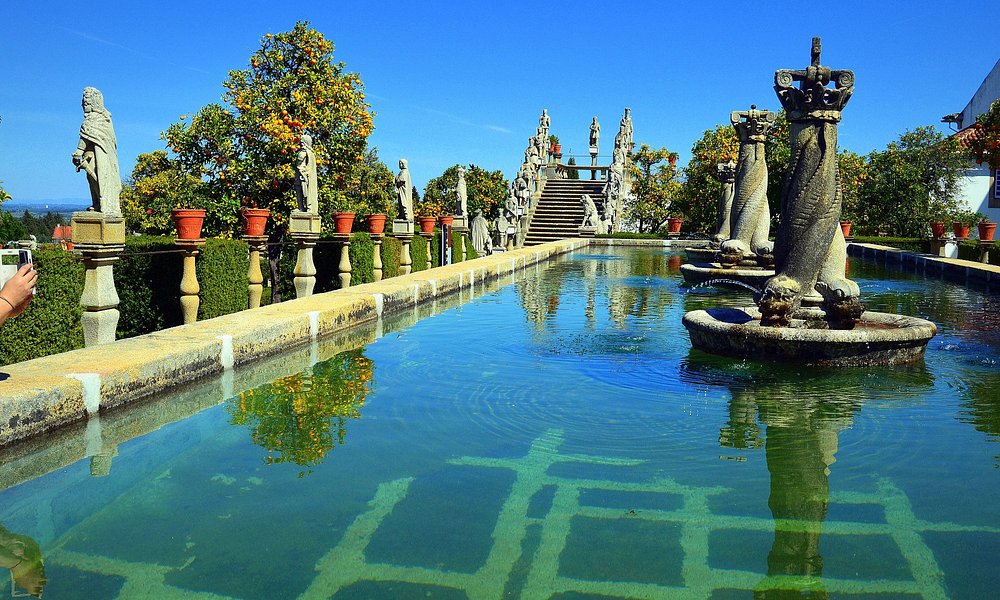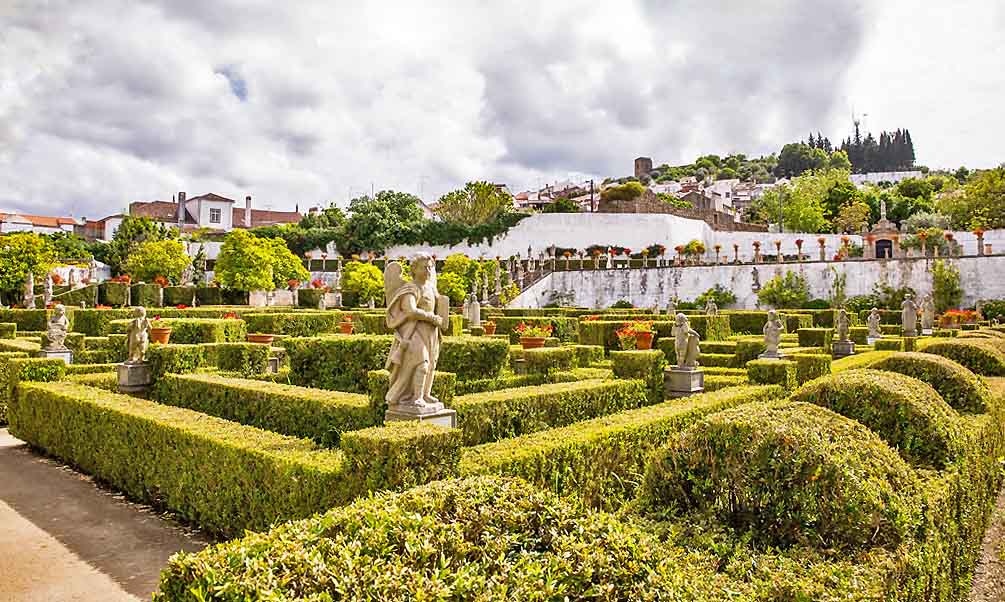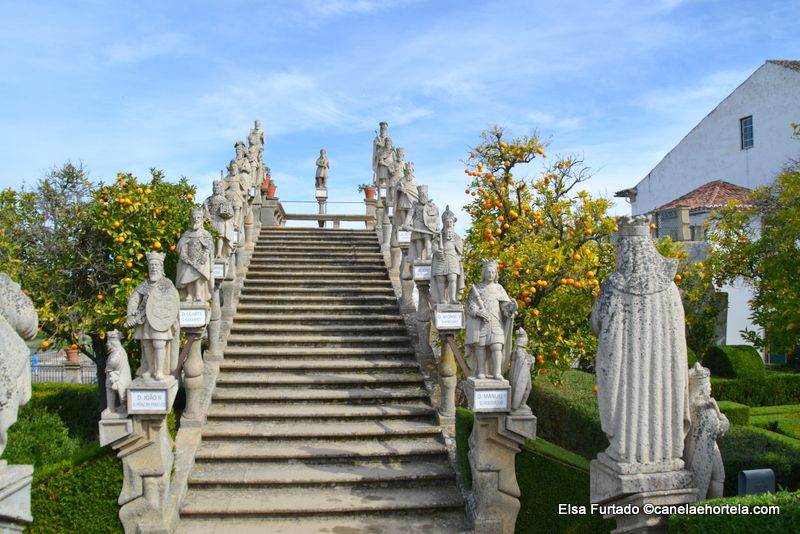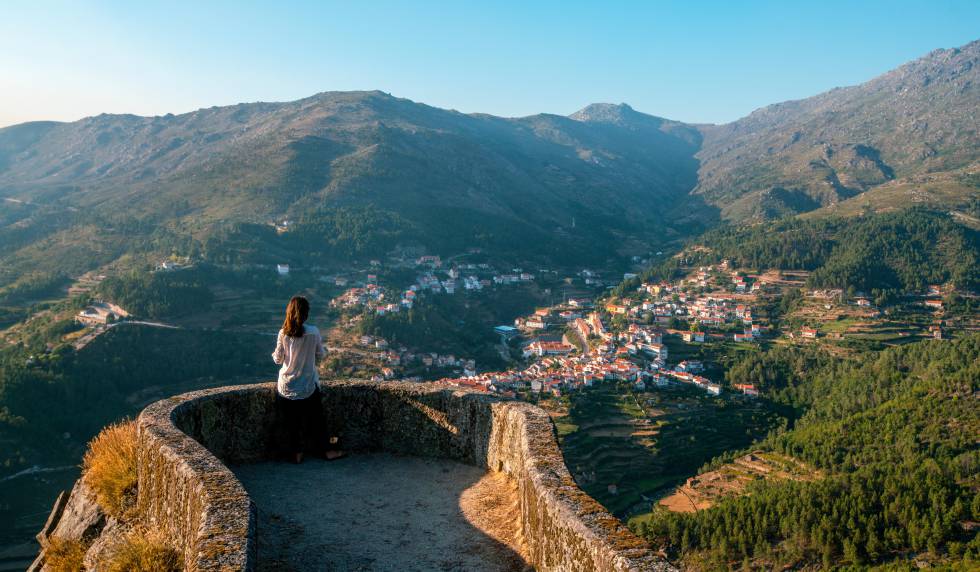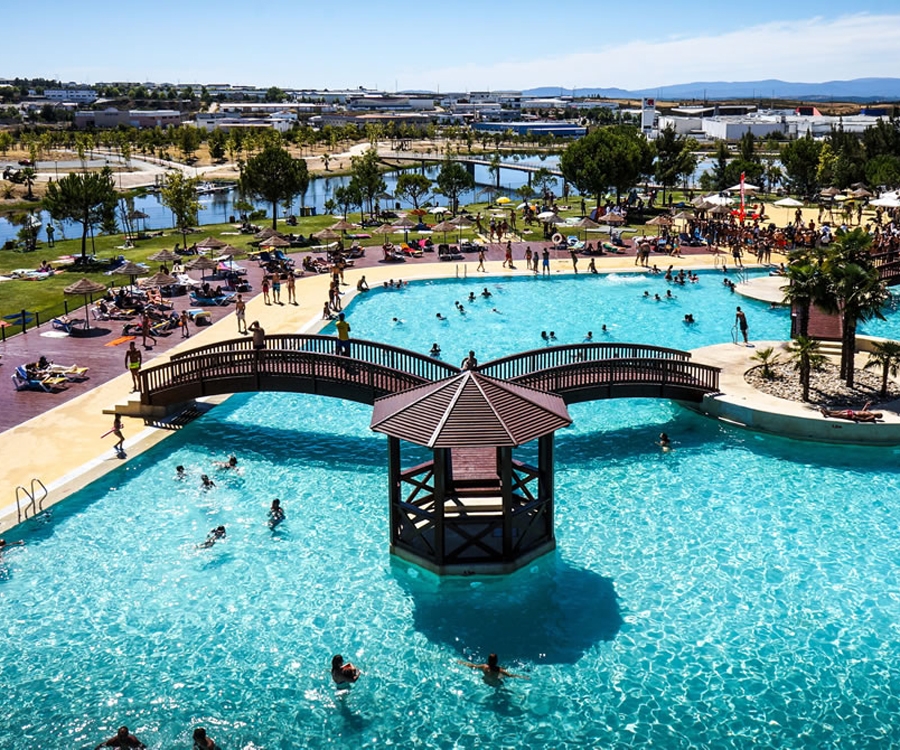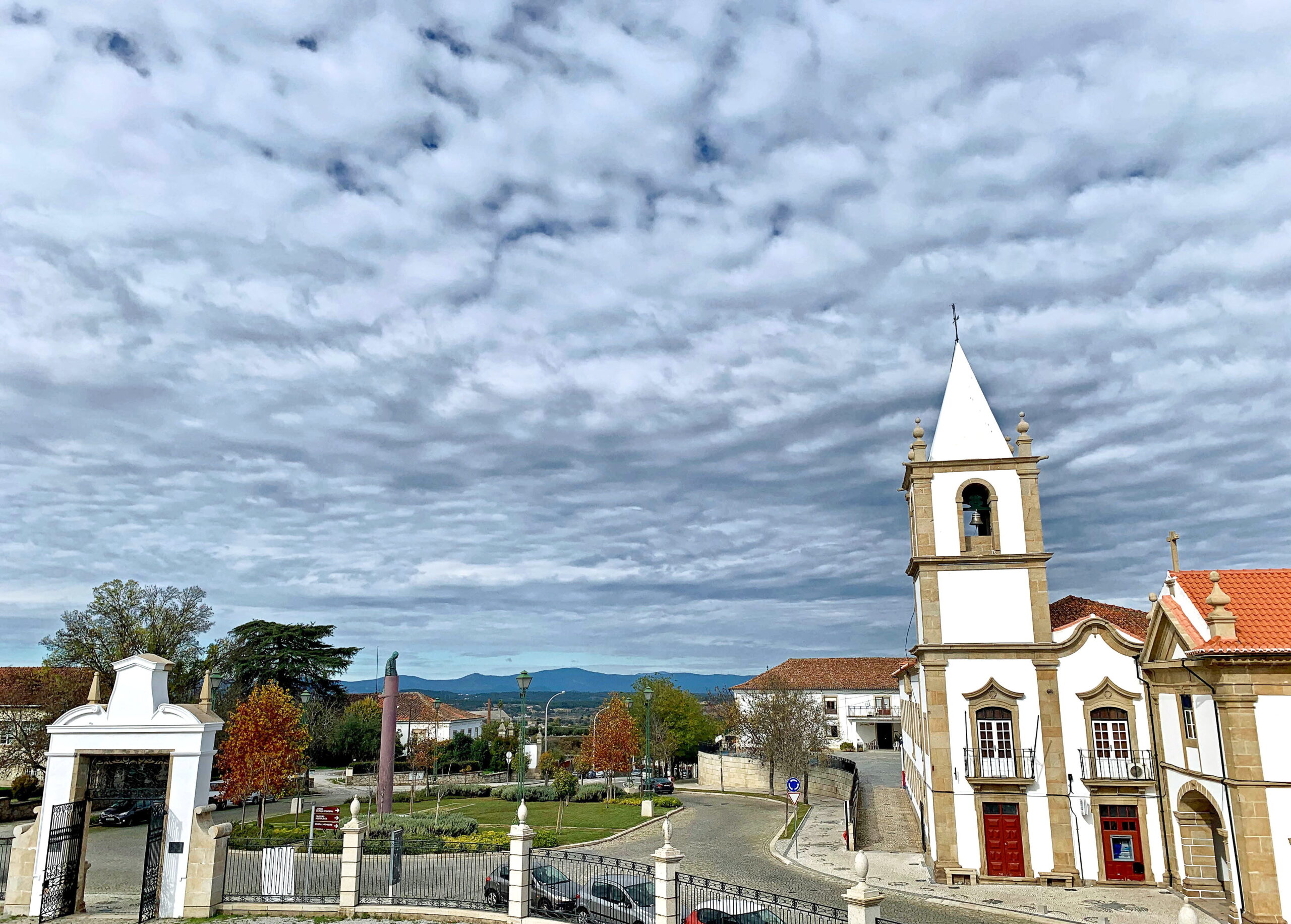The city of Castelo Branco is a municipality and former bishopric in Castelo Branco District, in Centro Region, Portugal. The name means “white castle” in Portuguese.
The city of Castelo Branco is made up of 19 Freguesias (civil parish) with a population of 30,649 in 2001. The municipality has a total of 19 parishes. The population in 2011 was 56,109, in an area of 1,438.19 square kilometres (555.29 square miles), making it one of the largest municipalities in Portugal.
It is bounded in the north by the municipality of Fundão, in the east by Idanha-a-Nova, in the south by Spain, in the southwest by Vila Velha de Ródão, and in the west by Proença-a-Nova and Oleiros.
Places of interest
The most important monument in Castelo Branco is the Jardim do Paço Episcopal (Garden of the Episcopal Palace). It is one of the most beautiful baroque gardens in Portugal and contains statues of allegories, kings and zodiacal signs, arranged around ponds, terraces and staircases.
Civil Parishes
Administratively, the municipality is divided into 19 civil parishes (freguesias):
- Alcains
- Almaceda
- Benquerenças
- Castelo Branco [pt]
- Cebolais de Cima e Retaxo
- Escalos de Baixo e Mata [pt]
- Escalos de Cima e Lousa [pt]
- Freixial do Campo e Juncal do Campo
- Lardosa
- Louriçal do Campo
- Malpica do Tejo
- Monforte da Beira
- Ninho do Açor e Sobral do Campo
- Póvoa de Rio de Moinhos e Cafede
- Salgueiro do Campo
- Santo André das Tojeiras
- São Vicente da Beira
- Sarzedas
- Tinalhas
Climate
Castelo Branco has a hot-summer mediterranean climate. Its summers are among the hottest of Portugal, influenced by its inland position. Winters are mild with cool nights, but frosts are rare and never severe. Inland areas further south in the country have hotter temperature extremes, although averages are very similar. There is somewhat of a seasonal lag in summer since September is significantly warmer than May in spite of less daylight. Winter temperatures are more consistent with the daylight cycle, since temperatures drop sharply in autumn months.
Economy
The city is home to Centauro, a company which produces industrial coolers, refrigerators and freezers. The Portuguese subsidiary of Danone has a factory in Castelo Branco which produces Danone’s dairy products for the entire Iberian Peninsula. The district of Castelo Branco is also famed for the Castelo Branco cheese.
Delphi Packard is a major factory and the principal employer, with more than 1000 workers. The Factory makes automobile component for the most important automobile constructors like Ferrari.
Education
Castelo Branco is home to the Instituto Politécnico de Castelo Branco, a state-run polytechnic institute of higher education, comprising schools of agriculture, technology, management, education, art and health.
Transportation
Railways: Castelo Branco is the principal station located some 100 kilometres (62 miles) up the Beira Baixa Railway Line from Entroncamento to Guarda.
It runs via Abrantes, Rodão, Castelo Branco and Fundão with services currently terminating at Covilhã some 30 kilometres (19 miles) short of Guarda. Rail services are operated by CP – Comboios de Portugal (Portuguese Trains) and consist of three stopping trains (Regionais) and three fast trains (Intercidades) per day from Lisbon via Entroncamento. The fast trains take less than 3hours to reach Castelo Branco from Lisbon Santa Apolonia and Lisbon Oriente main stations. Stopping trains are considerably slower.
From Entroncamento, the route branches off the Lisbon to Porto main line onto the Beira Baixa line following the mighty Tagus river crossing it twice on impressively long bridges. From Abrantes a series of reservoirs come into view. For lengthy stretches the single track clings to the NW flanks of the reservoirs providing exhilarating forested views as you speed along the waterside. The services are operated by comfortable and purposeful ‘Iberian Gauge’ (5ft6in) 25 kV electric multiple units. After passing through some deep gorges into Rodao station the line then heads north away from the river and on to Castelo Branco and finally Covilhã.
From Covilhã northwards to Guarda trains were operated by more leisurely diesel motorcars. This scenic stretch of mountainous rural line provides the strategic last leg of the Beira Baixa Railway linking it to Guarda via Belmonte. However, in recent years it has been closed for modernisation and electrification. The partially completed works, originally due for completion in 2011, are sadly still on hold as of 2014 due to serious funding issues associated with the economy. This inconveniently cuts off otherwise direct rail options from Castelo Branco to destinations north of Covilhã.



